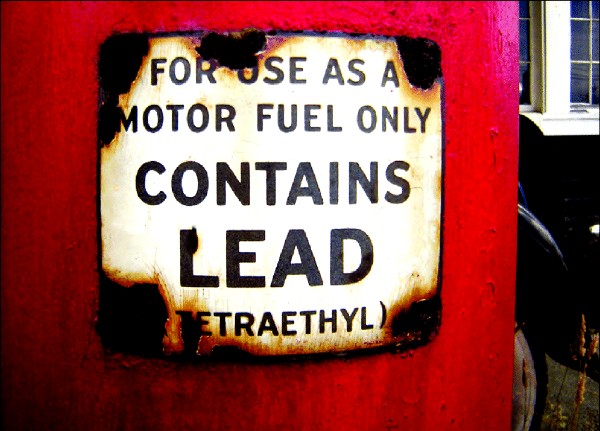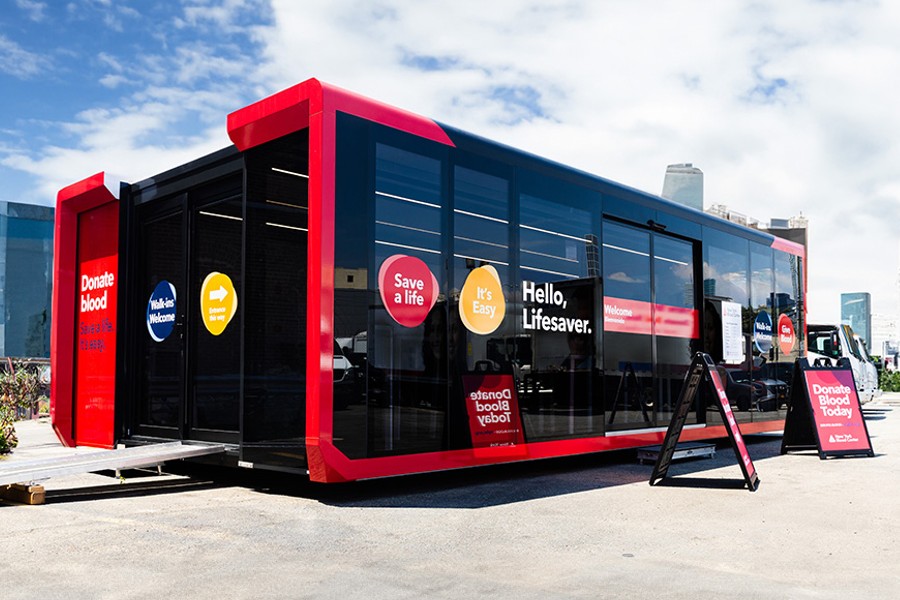 The Health Department today released the latest Childhood Blood Lead Level Surveillance Quarterly Report (PDF) covering all four quarters of 2020, from January through December.
The Health Department today released the latest Childhood Blood Lead Level Surveillance Quarterly Report (PDF) covering all four quarters of 2020, from January through December.
The number of children with elevated blood lead levels went from 3,739 in 2019 to 2,982 in 2020, though numbers must be read with caution because the COVID-19 pandemic had a significant impact on testing levels in 2020.
“COVID-19 has affected all areas of our life, including seeking health care,” said Health Commissioner Dr. Dave Chokshi. “As the City’s doctor and the father of a toddler, I know just how important it is to maintain your children’s wellness visits. I implore all New York City parents to make sure they get their children tested for lead at ages 1 and 2.”
Among children under 18 who lived or spent time in NYCHA housing, the number of children with elevated blood lead levels decreased, from 104 children identified from January through December of 2019 to 79 children identified in the same period of 2020.
Among children in private housing, the number of children with elevated blood lead levels went from 3,635 children identified from January through December of 2019 to 2,903 children identified in the same period of 2020.
In 2020, the rate of children under 6 with elevated blood lead levels associated with private housing was 11.5 per 1,000 children tested and among children who spent time in NYCHA housing, the rate was 5.3 per 1,000 children tested.
In 2020, the rate of children under 6 with elevated blood lead levels associated with private housing was 11.5 per 1,000 children tested and among children who spent time in NYCHA housing, the rate was 5.3 per 1,000 children tested.
The COVID-19 pandemic has likely affected these numbers, so it is difficult to compare 2020 surveillance data to similar periods in past years.
To promote the need for blood lead level testing of children during the ongoing COVID-19 public health emergency, the Health Department has issued guidance to health care providers promoting the need for testing at routine medical appointments and has sent mailings to families who had a child that missed their one- or two-year old test, urging them to make an appointment.
Additionally, Health Department nurses continue to monitor NYC’s childhood blood lead registry every day and make calls to families and health care providers of children who have a blood lead level of 5 mcg/dL or greater to remind them to set up and keep appointments for follow-up testing.
Launched in August 2018, this quarterly report is an initiative of the Health Department and complements the City’s annual blood lead level surveillance report (PDF).
In July 2018, the City announced more stringent measures to reduce childhood lead exposure and became one of the first jurisdictions in the country to conduct environmental investigations for all children under 18 years old with a blood lead level of 5 mcg/dL or greater.
Mayor de Blasio also announced in January 2019 the LeadFreeNYC plan, a comprehensive roadmap to end childhood lead exposure.
The Health Department, through its Healthy Homes and Environmental Exposure Assessment and Education Programs, has developed a comprehensive approach to address elevated blood lead levels in children and adults and to reduce lead hazards in homes and communities.
This approach includes follow-up investigations of individuals with elevated blood lead levels, environmental interventions, and enforcement activities, education and outreach, surveillance, and research.
New York City also has one of the highest testing rates in the state — 80% of New York City children are tested at least once before their third birthday.
New York City also has one of the highest testing rates in the state — 80% of New York City children are tested at least once before their third birthday.
The Health Department collaborates with Medicaid Managed Care Plans to improve testing and issues annual reminders to health care providers.
LeadFreeNYC
In January 2019, Mayor de Blasio announced the LeadFreeNYC plan. The approach is twofold: prevent exposure to lead hazards in the first place and respond quickly and comprehensively if a child has an elevated blood lead level.
To protect New York City kids, the City has increased resources and support for children, parents, and health care providers to make sure every child under 3 is tested for lead exposure – and any child with an elevated blood lead level gets the services they need.
The website, LeadFreeNYC, provides information and guidance for parents, tenants, landlords, and all New Yorkers.
The website includes data and progress on the City’s lead prevention initiatives and includes educational materials to help New Yorkers understand the dangers of lead and the tools available to anyone who may have been exposed to lead.
Lead poisoning is preventable. Avoid exposure.
- Building owners are required to safely fix peeling paint. Report peeling or damaged paint to your building owner. If they do not fix it, or work is done unsafely (e.g. dust is not contained while they work), you can report the problem online or by calling 311.
- Keep children away from peeling paint and renovations.
- Wash floors and windowsills often. Wash hands and toys of children under age 6.
- Remove shoes before entering your home.
- If someone in your household works in construction, wash work clothes separately from the family laundry.
- Learn more about avoiding products that may contain lead, such as imported pottery, food and cosmetics, and traditional medicines. Visit nyc.gov/lead.
Get tested.
A blood test is the only way to find out if you or your child has an elevated blood lead level. In New York State, children must be tested for blood lead levels at ages 1 and 2, and screened for risk of lead exposure up to age 6.
Ask your doctor about testing older children if you think they may have been exposed to lead.
Pregnant people should be assessed for risk of lead exposure at their first prenatal visit.
Call 311 for help finding a doctor or clinic.
Become a Harlem Insider!
By submitting this form, you are consenting to receive marketing emails from: Harlem World Magazine, 2521 1/2 west 42nd street, Los Angeles, CA, 90008, https://www.harlemworldmagazine.com. You can revoke your consent to receive emails at any time by using the SafeUnsubscribe® link, found at the bottom of every email. Emails are serviced by Constant Contact








